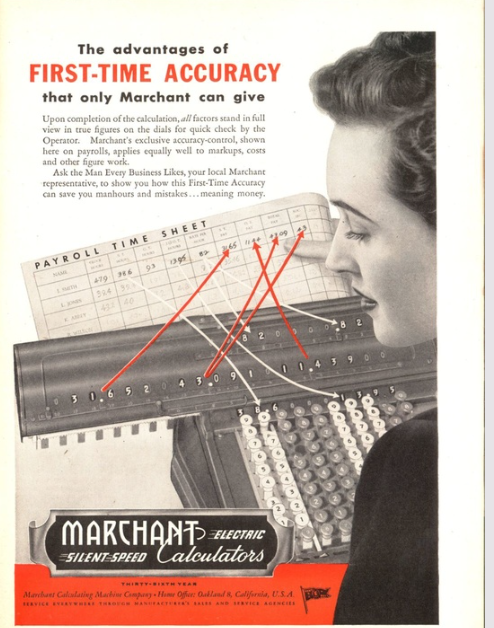R_.C_.,
General Delivery,
Nakusp, Canada
Dear Father:
As you can see from the news, we've come off a lot more lightly than we deserve this week. First of all, the Redin trial ended in a "Not Guilty" verdict, and the Lieutenant off to Moscow, none apparently the wiser, and especially not his wife. The last thing we want the Cheka to hear is that the Benevolent Association was interested in placing their own as cleaners of the safe room at the consulate, as it might lead them to realise . . Well, you know.
Admittedly, the way that the Red-baiters are running amok this week (Implying that Colonel Roosevelt is a Communist? Seriously?), I feel a little guilty about abetting the Director's work. On the other hand, we've given him a tool to find actual facts, as opposed to allegations.
The other big news is that the Maritime Commission didn't keep any records for Congress to turn up. That's it, I say, case closed. Nothing to be done here, time to close that book and move on! And, speaking of money in the pocket, waiting to be spent, what do you think of this whole atomic power thing? Chances are that General Electric will dominate the field, so that we are already as invested as we can be. On the other hand, there's a possibility of another Airresearch story, where a small company becomes --I hope-- a big one on the strength of being first in the field. (There's still the matter of investing when the company isn't ready to offer stocks, but that is why there are private contacts.)
Thank you for the reservations, by the way. I was afraid to make them myself, lest I lead Soong men to my Father, and not only are your arrangements clever, I have loved the Peninsula since the last time I stayed there. No doubt I shall have bittersweet moments after four years of occupation, but the twins will have no memories of better days to hold up against the shabbiness of the postwar city. Sadly, they will probably have no memories at all, but with the risks that Father is taking, best that he see his grandchildren when he has the chance.
Speaking of Fatheris interest, is there any word about Kuan's placement at Cambridge? Surely something can be done, and while the Earl is reluctant to admit defeat, I think that he has blundered into some kind of difficulty with the cousins. I know that you cannot exactly fly over to London right now, but perhaps you have your own resources, less tied to the old feud? His aunt is enormously disappointed that he was not able to get in, and Father would very much like to stand well in her eyes.
"GRACE."








